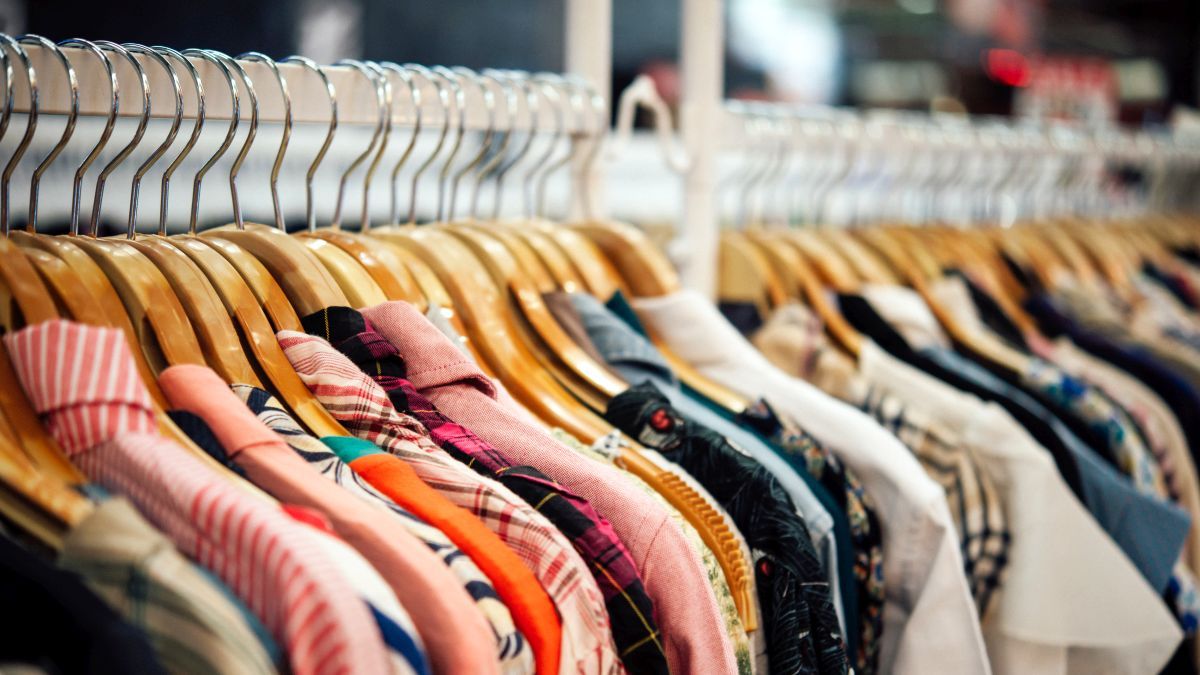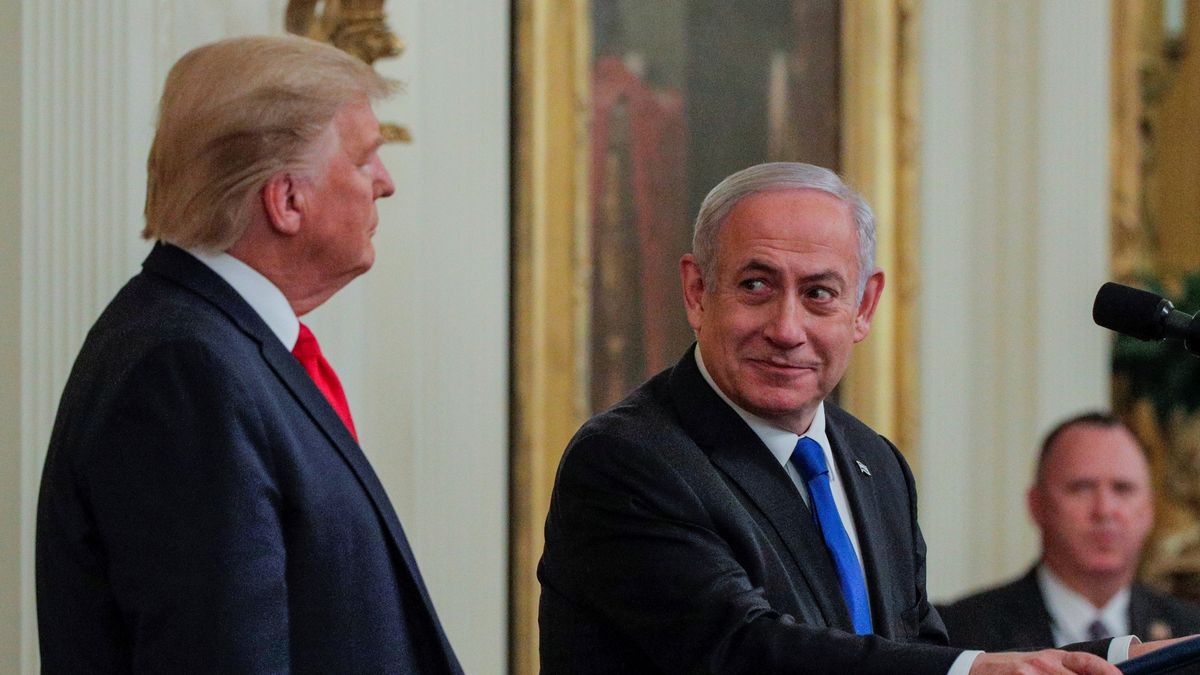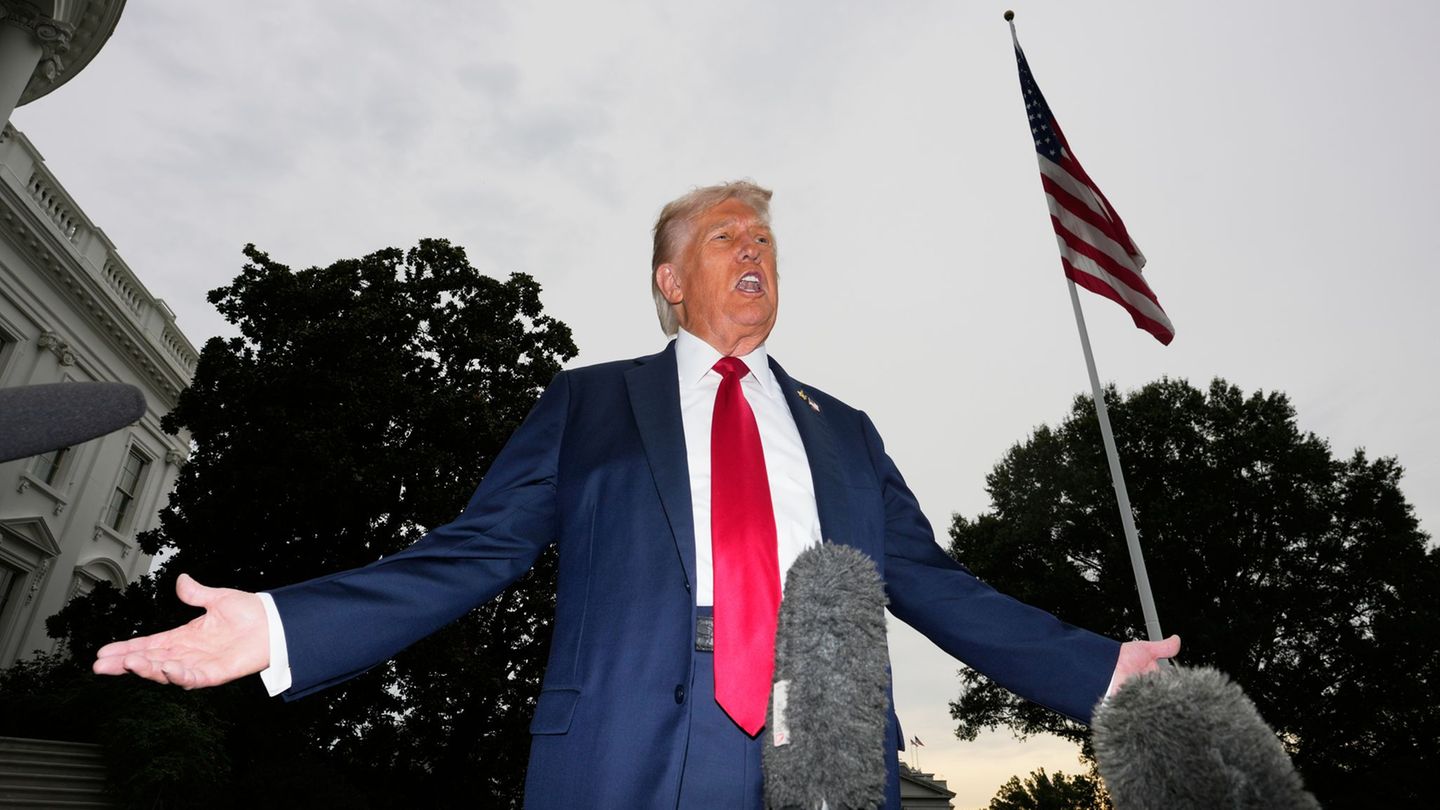In mid-September, Sergio Massa led a meeting with textile chambers and clothing with the aim of analyzing the situation of the sector due to the excessive increase in the value of clothing.
The meeting with business representatives was also attended by the Secretary of Commerce, Matias Tombolini; the president of Central Bank of the Argentine Republic (BCRA), Miguel Angel Pesce; and the owner of the Federal Administration of Public Revenues (AFIP), Charles Castagneto.
The concern lay with the registration of the CPI, which in August had reflected a rise in prices of 9.9%, 2.9% above the average of 7% reported by INDEC for that month.
At that time, officials and representatives of the main companies in the country agreed to hold a meeting again, to find a possible way out of the situation.
Finally, on September 22, the Ministry of Commerce announced an agreement with more than 40 companies to return prices to values of the first days of September and freeze them until December 1, in a consensual agreement that, in principle, would not be mandatory.
textiles.jpg
Although the area of Commerce that leads Matias Tombolini assured this afternoon that the agreement to date had “a fairly positive fulfillment”the September index once again showed an above-average price increase: closed the month at 10.6%, more than 4 percentage points above the 6.2% of the CPI and reached an increase of 118% year-on-year.
The latest index once again generated concern in the Government, more precisely in the economic area that Massa leads. In that context, The Ministry of Economy is evaluating implementing severe measures to curb the escalation of prices in the sector.
The textile industry is one of the most protected by the Argentine State. Import tariff barriers allow local companies to avoid competition with foreign companies.
Despite the benefit it generates at the labor level, the cost of the garments reached unforeseen limits for the average user. That is why one of the options that Minister Massa is considering is to implement an opening to imports to generate a reduction in prices.
It would not be the first time that the Government has warned of a possible economic opening to find a solution to a problem. In a different vein, a similar event occurred weeks ago when Massa threatened the workers of the tire union with open import covers to press to accept a pay cut and drop the wage claim.
At that time, the minister’s threat did not bear fruit as the SUTNA Finally, it agreed with the companies on a salary recomposition according to the increase in inflation.
In this context, the Government is also considering launching a stabilization plan from November, which would cover a series of price and salary agreements for four months. With regard to the textile sector, the objective of applying an import opening would be to put a stop to price increases that prevent workers from accessing garments at reasonable prices.
Source: Ambito
David William is a talented author who has made a name for himself in the world of writing. He is a professional author who writes on a wide range of topics, from general interest to opinion news. David is currently working as a writer at 24 hours worlds where he brings his unique perspective and in-depth research to his articles, making them both informative and engaging.




